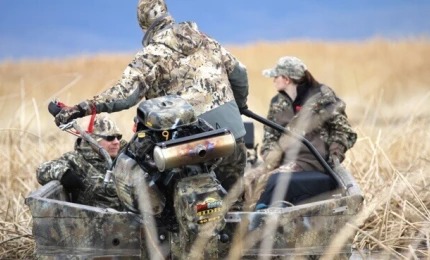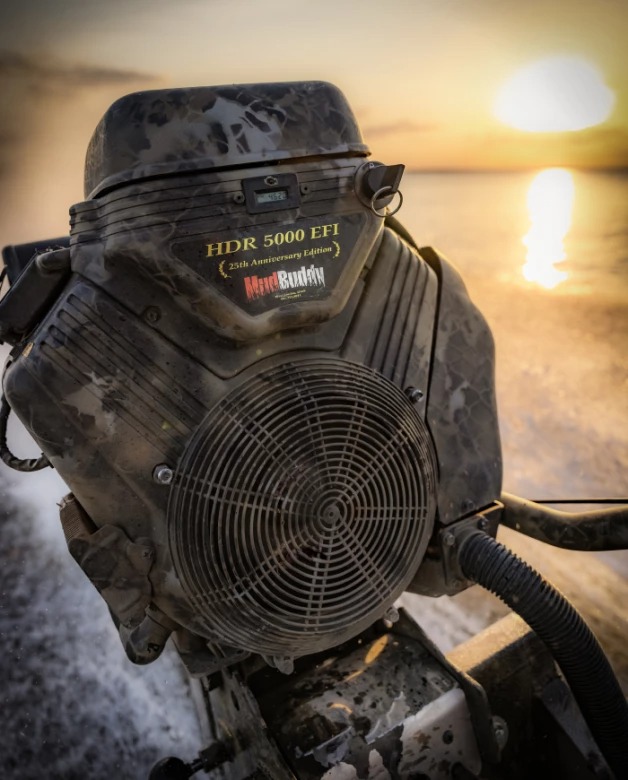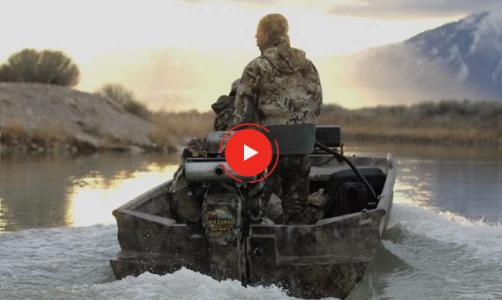ABOUT US
Backwater Hunting at its Best
Mud Buddy Manufacturing is located near the south side of the Great Salt Lake of Utah, where endless shallow water marshes attract vast amounts of waterfowl of the Pacific Flyway. Mud Buddy has strived for over 25 years to be the best.
Mud Buddy was founded by inventor Glenn Foreman in June 1994. Glenn’s goal has always been to provide higher quality, higher horsepower shallow water mud motors for sportsmen.
Today, Mud Buddy is the world’s largest mud motor company with more Longtail and Short Tail Surface Drive Mud Motors than all other mud motor companies combined.
FEATURED MOTORS
GIVE YOUR BOAT A WHOLE NEW GEAR
MUD BUDDY MOTORS
WHICH MUD MOTOR IS RIGHT FOR YOU?
HDR (HYPER DRIVE REVERSE)
With electric shift reverse and the newest EFI Briggs powerhouse engine. This tough surface-drive is the perfect choice for sportsmen that want high horsepower and reliability.
HORSE POWER
25 Hp to model 5000
BOAT LENGTH
16′ – 20′ Boats
ENVIRONMENT
Marsh / Timber / Open Water / Vegetation
WHY US
THE WORLD’S LARGEST SELECTION OF MUD MOTORS
Mud Buddy is best known today as the innovators in the shallow water outboard industry. Mud Buddy invented the first long-lasting mud motor bearing and seal system 25 years ago (two patents), the first belt drive mud motors over 15 years ago, and today’s high horsepower motors that outperform anything within the industry. Mud Buddy introduced the first aluminum short tail castings, low vibration drives, marine coatings, and the fastest and most powerful motors and propellers in the industry. And most of all, Mud Buddy is known for its quality products, excellent customer service and as the King of Backwater Motors.


ALL THINGS MUD BUDDY
CHECK OUT OUR PODCAST & FACEBOOK LIVE
PODCAST
THE GRIND WATERFOWL TV
Featured on the Pursuit Channel…
The Grind Waterfowl TV is a show comprised of a group of hunters from Lucky Duck, Dakota Decoy, well known guide services, and passionate waterfowler’s. Together, they set out to provide you with a quality waterfowl hunting show that provides many hunting tips and conservations efforts to promote the sport of waterfowl.


